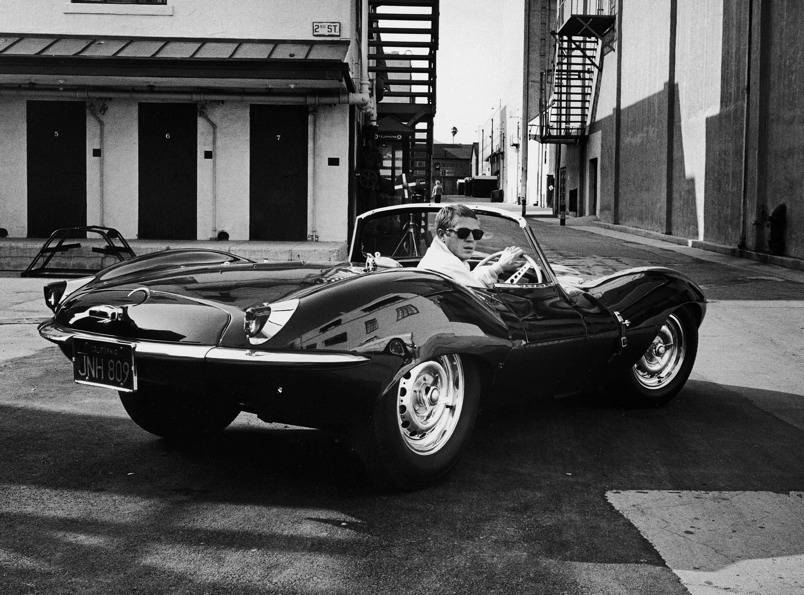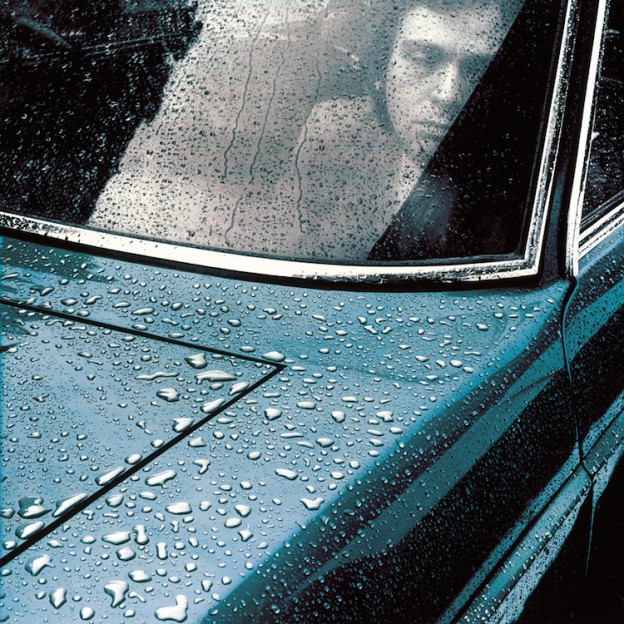As time passes, it becomes clearer that Peter Gabriel was a victim of his own massive success. After being a cult figure as leader of the pre-Phil Collins/pre-Top 40 Genesis, immediately after leaving the group he produced some of the more intriguing and idiosyncratic music of the late 1970s and early 1980s. His uniquely theatrical, art house style seemed to find its climax in the catchy but weird “Shock the Monkey” and its improbably popular video coming right at the dawn of the MTV revolution circa 1982. Surprisingly, though, Gabriel had something even bigger up his sleeves. Just a few years later, in 1986, he unleashed the bona fide mainstream smash hit album So, which featured a plethora of hit singles & videos, including the omnipresent all-time number one most-played MTV video, “Sledgehammer”. Produced by then-U2 helmsman du jour Daniel Lanois, it’s no hyperbole to say that So became a touchstone for a generation. Its pop culture impact was confirmed when a young John Cusack used the hyper-romantic “In Your Eyes” to woo Ione Skye via boombox in the archetypal 80s teen coming of age story, Say Anything. To the uninitiated it seemed an improbable success. But the cleverness of Gabriel was that he was perfectly attuned to the demands of MTV, having been an often-flamboyant performance art innovator for years with a penchant for the dramatic and offbeat that perfectly suited the new visual taste-setting medium. The fact that he was well ahead of the musical curve in terms of both digital production and the use of “world music” influences — see the incredible vocal solo by Senegalese singer Yousou N’dour on the aforementioned heart-melting “in Your Eyes”, for example — also seemed perfectly aligned to the prevailing zeitgeist in which David Byrne and Paul Simon were incorporating African and South American vibes into their standout 80s work, as well.
But all that radio/video play and overwhelming success led to burnout on Gabriel, as the once outside artist became a mainstream pop superstar. To be honest, I listened to so much Peter Gabriel back in the day that I took about fifteen years off from his music. But I’ve been coming back to it lately and damn if it doesn’t hold up well. And not only in that “old friend you haven’t seen in a long time” way either. No, it’s of its time for sure but definitely among the best of that time. So here are three pre-So tunes — since everyone’s heard every cut off that album so damn much — that I think are worth revisiting.
“Solsbury Hill” from Peter Gabriel I [Car] (1977):
All about Gabriel’s trepidation and hopes after splitting from Genesis, 1977’s “Solsbury Hill” from his debut solo album would have been his one-hit wonder… if he hadn’t gone on to have so many other big hits. The spiritual and optimistic tone of the lyrics highlight PG’s very good, slightly raspy Rock voice and the sterling musicianship in the service of the appealingly folksy-but-not-cloying song construction serve notice that this is a mega-capable songwriter. At the time it could have gone either way. But in retrospect the lovely, ultra-catchy “Solsbury Hill” was not a one-time flash but Gabriel’s opening salvo, laying down a marker that he was an artist to be reckoned with.
“Family Snapshot” from Peter Gabriel III [Melt] (1982):
After 1978’s perhaps overly arty and abstracted Peter Gabriel II [Scratch] failed to build upon the success of “Solsbury”, Gabriel really found something extra for his third studio effort in 1980. Nicknamed “Melt” for the disturbing Hipgnosis cover art, Peter Gabriel III is strong from beginning to end and features standout tracks with troubling psychological overtones like “Intruder”, “I Don’t Remember”, “No Self Control” and “Not One of Us”. Prefiguring Gabriel’s increasing human rights activism, an amazingly beautiful political anthem to slain South African civil rights leader Stephen Biko closes the album. “Games Without Frontiers” was the de facto hit, although in more of a cult fashion than a chart-topper. And perhaps its rather heavy handed metaphor about nations acting as children has not aged as well as the rest despite its undeniable angular catchiness. So for me the exceptionally creepy “Family Snapshot”, which not implausibly imagines a Lee Harvey Oswald-like character motivated by his loveless childhood, is the standout track. Yes, there’s the terrific use of dynamic builds and retreats to the composition of the music. But it’s the remarkable lyrics that haunt and hook, delivered in the first person as the would be assassin addresses his target, implicitly making clear the parasitic relationship between fame and those who worship at it’s altar:
“I don’t really hate you
I don’t care what you do
We were made for each other
Me and you
I want to be somebody
You were like that too
If you don’t get given you learn to take
And I will take you.”
If a lyric like that doesn’t raise the hackles on the back of your neck in light of world history and the killing of great men by desperate losers you may want to check your pulse.
“I Have The Touch” from Security (1983)
Marking a major technological and sonic departure for Gabriel and, in fact, rock music as a whole, Peter Gabriel IV aka Security was a breakthrough by any standard. Featuring Gabirel’s trademark heightened emotionalism now propelled into the stratosphere by an ingenious mixture of his growing obsession with “world music”, Phil Collins’ signature cymbal-less “gated drum” effect and advanced digital technology like the Fairlight CMI sampler and digital audio tape, the album is ambitious in the extreme and sounds like nothing else then on the scene. And fortuitously, at the time this revolution in production was happening there was a complimentary revolution happening on the end user side: the Compact Disc. Faced with that kind of brand new crystalline sonic clarity in home reproduction, a sonic marvel like Security couldn’t help but break through despite the decidedly non-Pop feel. From the achingly evocative “Rhythm of the Heat” to the uneasy incantations of “Lay Your Hands On Me” to the unlikely and enigmatic hit single and video “Shock the Monkey”, Security was undoubtedly Gabriel’s most ambitious and yet most consistent album yet. For me, “I Have the Touch” is the apotheosis of this exciting period. Essentially the flipside to the moody yin/yang of “Hands”, “Touch” is all light and hyperactive, hyperkeneteic energy, bursting with humanity and lyrical invention and absolutely predicting the way forward to the commercial breakout of So‘s umpteen hits. I think this song probably gets to the need of a performer to go out there and set himself on fire for the audience better than any other, as well, and I think it speaks specifically to Gabriel’s own need to dress up, create personas and explore the very strange aspects of humanity on stage about as well as any song he’s ever written.
Obviously, you could choose about a dozen other worthy pre-So songs but these are my three. Probably a more significant figure than he’s now given credit for, Peter Gabriel is also a musical innovator in terms of digital and recording innovations; a humanittarion of the highest order with his constant work for Amnesty International; and a key facilitator in bringing “World Music” into the mainstream with his WOMAD festival and Real World record label. It may be a bit against the grain to come out and say he was a great rock artist but I think whether you include So or not, his prior recorded work stacks up pretty favorably. And if you are finally over being sick to death of So you’ll probably also grudgingly admit that album is pretty remarkable too. True, he lost momentum badly after that multi-platinum magnum opus. But then, what’s the last really good album by the Rolling Stones, Tom Petty or Elton Johnt? With rare exceptions, rock artists have a limited window in which to make their mark. And in retrospect, Peter Gabriel’s was actually quite a long and deep one, even if his heyday was way back in the late 20th century.
For honorable mention I’m going to throw in “San Jacinto” because, well, I’ve just always loved this song and this is a killer live version:


